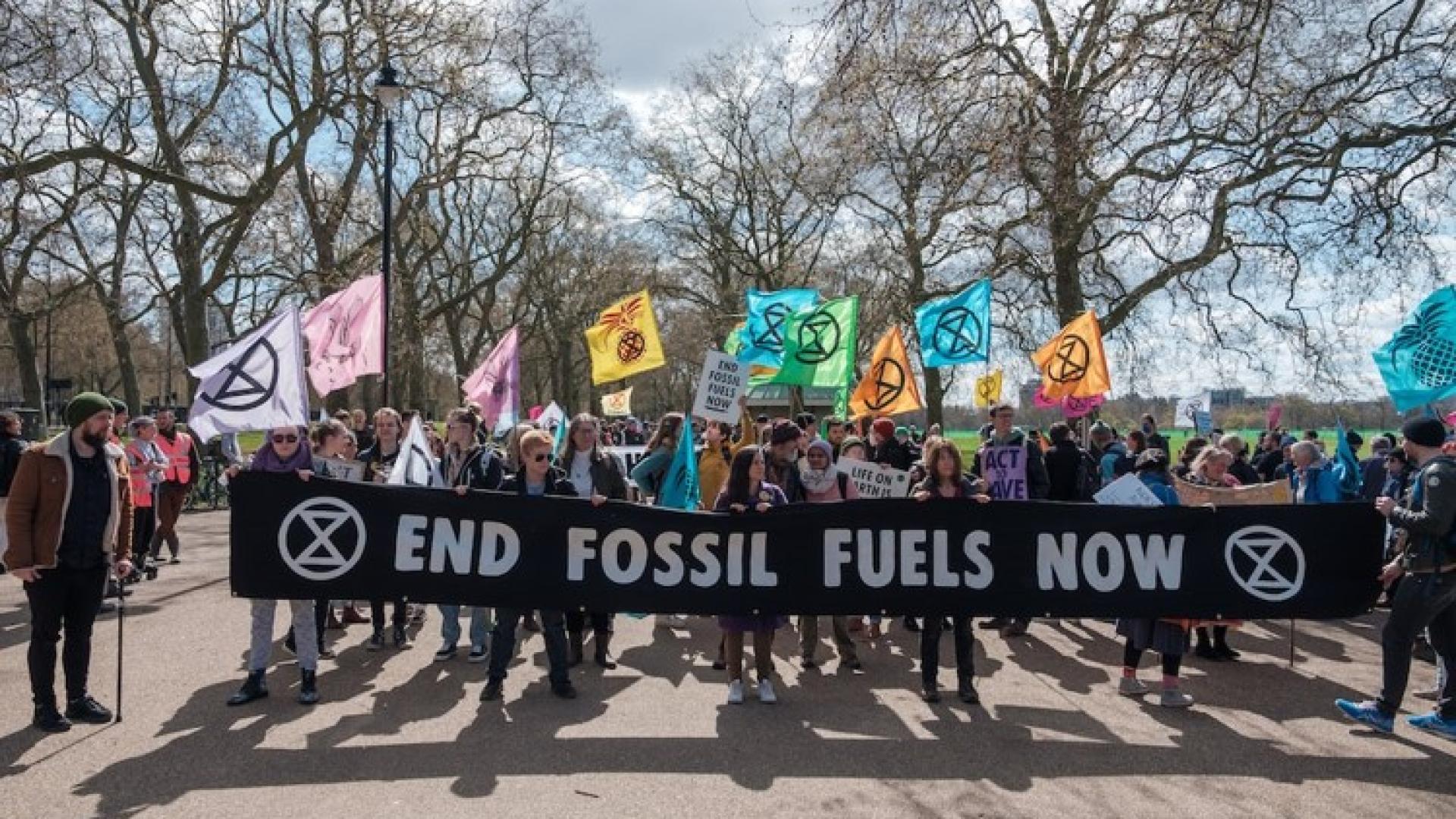Tim Harrison-Byrne
As soon as the first wave of Extinction Rebellion protests spread across London I was desperate to see how they would impact public and charity behaviour on the environment. Civil disobedience was an outlet for the frustration at the negligible progress made by the government and society on climate change. And dare I say it, charities too. So nearly five years on from the first protest, what has been the impact of the environmental social movements, and how have environmental charities adapted to their presence?
Today we are launching "Good Cop, Bad Cop: Adapting to a World of Direct Action" to answer this question. The report includes desk research on the effectiveness of environmental social movements in the UK and interviews with current and former members of Just Stop Oil and Extinction Rebellion, as well representatives from environmental charities.
The report highlights several key findings. First, environmental charities have often proved effective at introducing important pieces of legislation and mobilising large sections of the public behind their initiatives, but these reforms can take too long to materialise and fail to address the full extent of the climate and ecological emergency. On the other hand, direct action groups have raised the profile of environmental issues and put significant pressure on politicians to act. However, patience for these disruptive tactics is thin, and ongoing attempts from the government to criminalise climate protest make direct action inaccessible to many.
nfpResearch’s trends have consistently shown the public to be in a very negative place on the environment. The top emotions they feel when thinking about the environment and conservation are powerless (33%), frustrated (32%), afraid (22%), depressed (18%) and angry (17%). Only one positive emotion sits in this group – 24% of the public say they feel hopeful when thinking about the topic. Direct action groups speak to this sense of urgency and frustration. And with some success. Just Stop Oil and Extinction Rebellion have awareness levels with MPs that many charities could only dream of.
Charities now have an important role and a growing mandate to consolidate the gains made by direct action groups by pushing for more comprehensive legislation that addresses the scale of the crisis. They need to be bolder in how they use their voice and hold the government to account. They occupy an important position in translating the environmental agenda into something that can connect with a variety of demographics and voters.
But the findings from Good Cop Bad Cop go beyond the environmental sector. Charities can intersect with social movements in a range of areas. There is an opportunity for collaboration between charities and social movements to achieve more comprehensive and meaningful change. Charities can provide social movements with resources, expertise, and institutional knowledge, while social movements can help charities connect with the public and create a sense of urgency.
We hope you enjoy the report.

